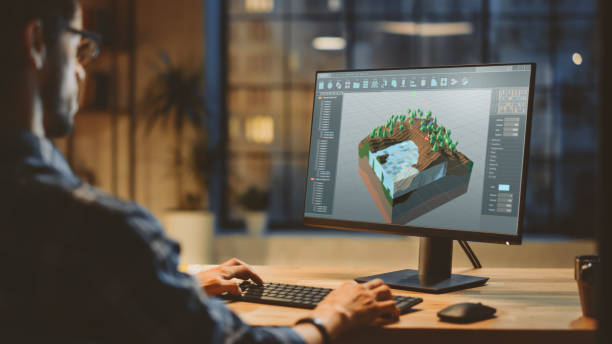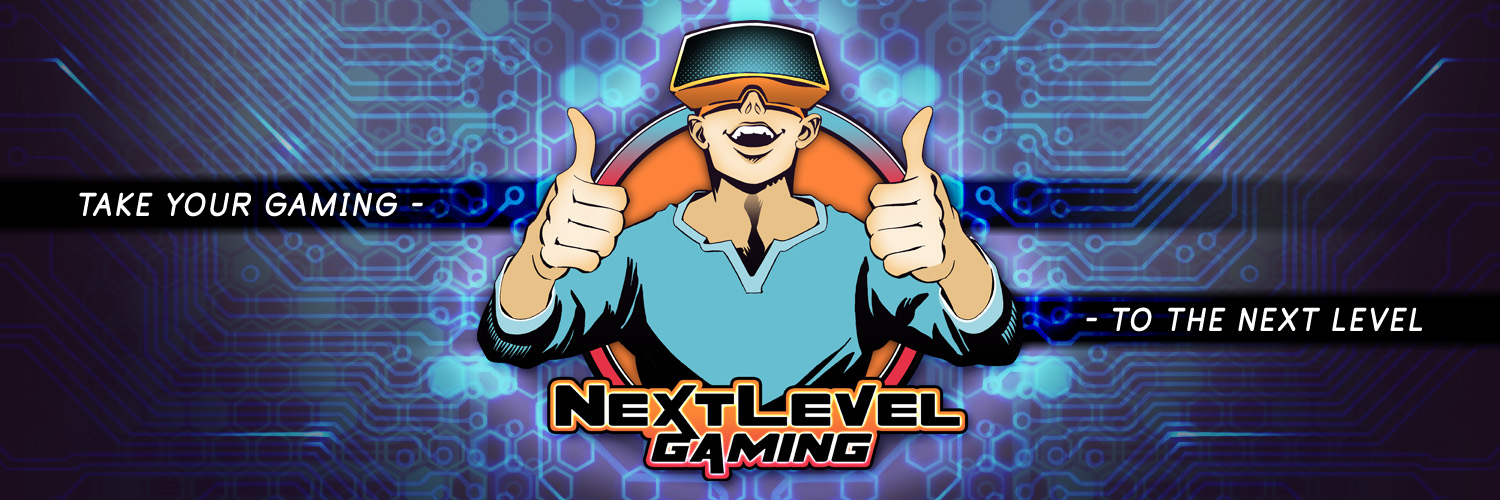
Introduction
Are you an aspiring game developer looking for the best tools to bring your ideas to life? The right tools can streamline development, enhance creativity, and improve efficiency. In this blog, we’ll explore ten essential tools that every beginner should consider using to create engaging and professional-quality games.
1. Unity
Best for: 2D and 3D game development
Unity is one of the most popular game engines, offering a robust development environment for both indie developers and large studios. It supports multiple platforms and has an extensive asset store to speed up game creation.
2. Unreal Engine
Best for: High-end graphics and AAA game development
If you want to develop visually stunning games, Unreal Engine is a great choice. It provides powerful rendering capabilities, real-time physics, and a vast library of assets and tutorials.
3. Godot
Best for: Open-source game development
Godot is a free, open-source engine that offers a user-friendly interface and supports both 2D and 3D game creation. It features its own scripting language, GDScript, which is easy for beginners to learn.
4. RPG Maker
Best for: Creating RPG games without coding
RPG Maker allows developers to create role-playing games using pre-built assets and a simple drag-and-drop system. It’s perfect for beginners who want to focus on storytelling and game design rather than coding.
5. Blender
Best for: 3D modeling and animation
Blender is a free and powerful 3D modeling tool that allows developers to create characters, environments, and animations. It integrates well with game engines like Unity and Unreal Engine.
6. Photoshop / GIMP
Best for: Game art and UI design
Adobe Photoshop is widely used for game art, textures, and UI design. If you’re looking for a free alternative, GIMP offers similar features and supports multiple file formats.
7. FMOD
Best for: Game audio and sound design
FMOD is an audio middleware tool that enables developers to create immersive soundscapes. It supports adaptive audio, allowing sounds to change dynamically based on in-game events.
8. Visual Studio Code
Best for: Writing and debugging code
Visual Studio Code is a lightweight yet powerful code editor with extensions for multiple programming languages, including C#, Python, and JavaScript—essential for game scripting.
9. Tiled
Best for: 2D level design
Tiled is an excellent tool for designing tile-based maps and levels. It works well with various game engines and allows developers to create detailed 2D environments quickly.
10. Trello
Best for: Project management and team collaboration
Game development requires organization, and Trello helps developers track progress, manage tasks, and collaborate with team members effectively.
Conclusion
Choosing the right game development tools can make all the difference in your workflow and game quality. Whether you’re focusing on game engines, design software, or project management, these ten tools will help you bring your vision to life.
Ready to Start Your Game Development Journey?
Check out our game assets, templates, and resources to level up your development process!

